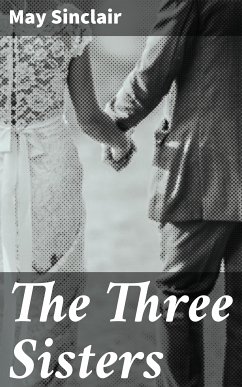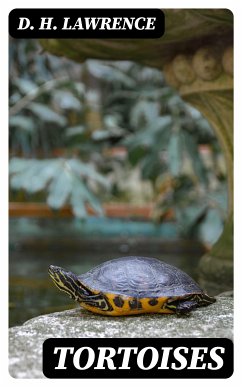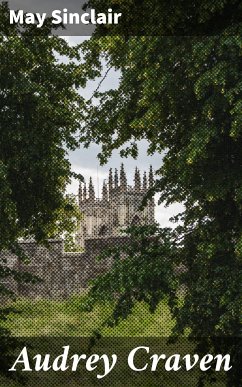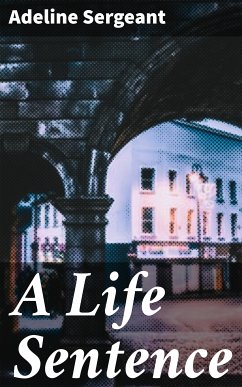
The Three Sisters (eBook, ePUB)

PAYBACK Punkte
0 °P sammeln!
In "The Three Sisters," May Sinclair intricately weaves a tale that explores the lives of three women grappling with the complexities of love, societal expectations, and personal ambition in the early 20th century. Sinclair employs a rich and evocative literary style, characterized by her psychological insight and nuanced character development. The narrative unfolds against the backdrop of a rapidly changing world, reflecting the tensions between modernity and tradition. Notably, Sinclair's use of stream-of-consciousness technique reveals the inner workings of her protagonists' thoughts, thus ...
In "The Three Sisters," May Sinclair intricately weaves a tale that explores the lives of three women grappling with the complexities of love, societal expectations, and personal ambition in the early 20th century. Sinclair employs a rich and evocative literary style, characterized by her psychological insight and nuanced character development. The narrative unfolds against the backdrop of a rapidly changing world, reflecting the tensions between modernity and tradition. Notably, Sinclair's use of stream-of-consciousness technique reveals the inner workings of her protagonists' thoughts, thus enriching the reader's understanding of their struggles and desires. May Sinclair, a prominent figure in modernist literature, was deeply influenced by the socio-political landscape of her time, including the suffrage movement and the shifting roles of women. Her own experiences as a writer and intellectual in a patriarchal society informed her depiction of female characters who defy conventional norms. Sinclair's exploration of identity and autonomy can be seen as a reflection of her determination to articulate the female experience, making her a vital voice in the discourse surrounding feminism in literature. "The Three Sisters" is highly recommended for readers interested in early modernist literature and feminist themes. Sinclair's profound psychological insights and her commitment to portraying the inner lives of women provide a compelling exploration of resilience and self-discovery. This novel, richly layered and deeply engaging, invites readers to reflect on the universal struggles of its characters, making it both a timeless and relevant read.
Dieser Download kann aus rechtlichen Gründen nur mit Rechnungsadresse in A, B, BG, CY, CZ, D, DK, EW, FIN, F, GR, H, IRL, I, LT, L, LR, M, NL, PL, P, R, S, SLO, SK ausgeliefert werden.













